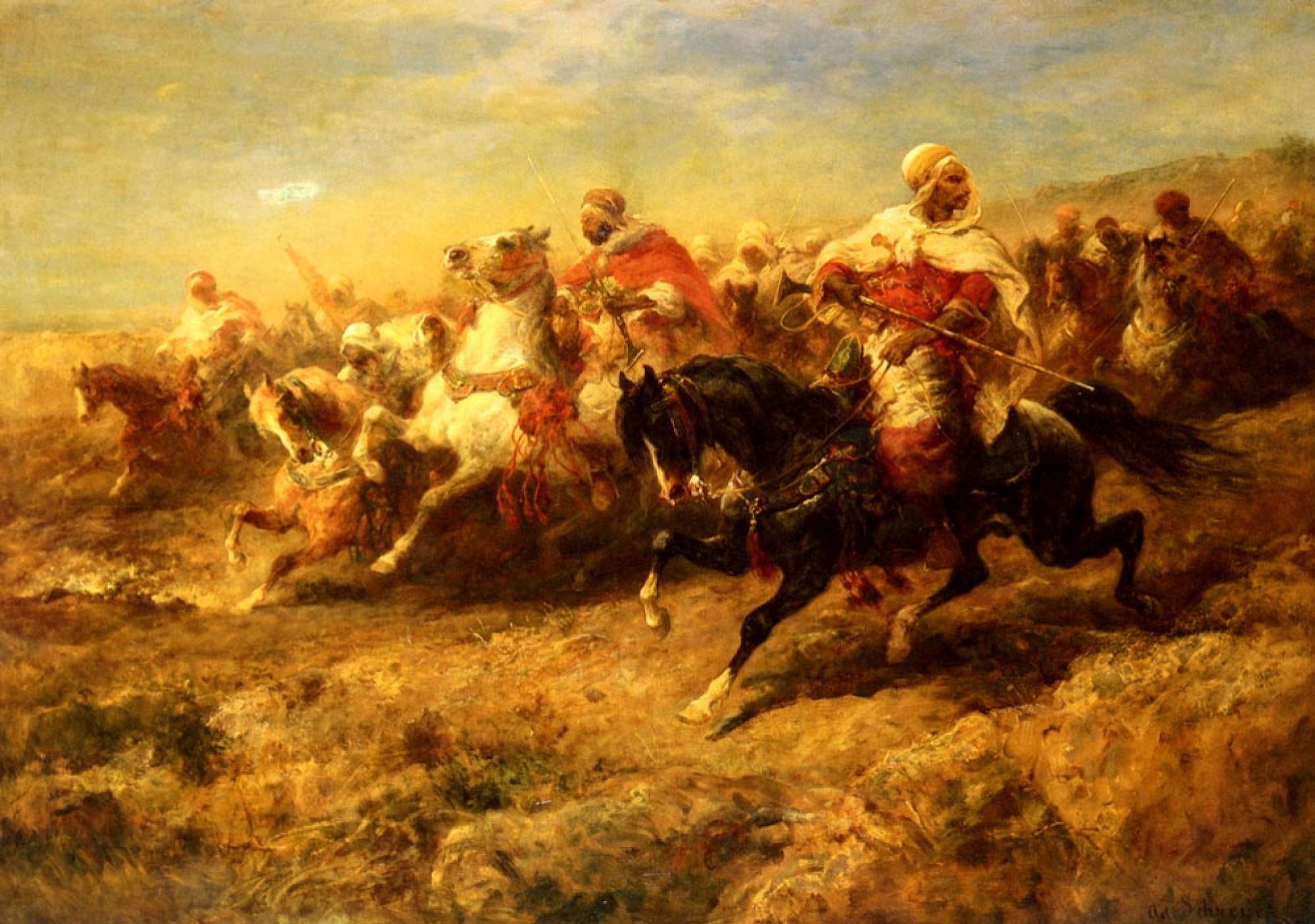The Role of Arabian Horses in War and Transportation

Arabian horses have played a significant and multifaceted role throughout history, particularly in the realms of warfare and transportation. Renowned for their endurance, speed, and intelligence, these horses have been prized by many cultures, especially in the Middle East, for their unique qualities that made them invaluable assets in both battle and travel.
Historical Significance
Arabian horses are one of the oldest horse breeds, with origins tracing back over 4,500 years in the Arabian Peninsula. Their development was closely linked to the needs of nomadic Bedouin tribes, who required horses capable of enduring harsh desert conditions and long journeys.
Role in War
- Endurance and Stamina: Arabian horses could travel long distances without tiring, making them ideal for cavalry units that needed to cover vast desert terrains.
- Speed and Agility: Their swift movements and quick reflexes gave warriors an advantage in battle, allowing for rapid attacks and retreats.
- Intelligence and Temperament: Known for their alertness and willingness to cooperate, Arabian horses were easier to train for complex maneuvers.
These traits made Arabian horses the preferred mounts for many famous historical figures and armies, including Islamic caliphates and European knights.
Role in Transportation
- Long-Distance Travel: Their ability to sustain high speeds over long distances made Arabian horses essential for trade caravans and messengers.
- Adaptability to Harsh Environments: They thrived in desert climates where other breeds might falter, ensuring reliable transportation across challenging terrains.
- Cultural Importance: Beyond practical uses, Arabian horses were symbols of status and wealth, often gifted among tribes and rulers.
Comparative Table: Arabian Horses vs. Other Breeds in War and Transportation
| Feature | Arabian Horses | Other Breeds |
|---|---|---|
| Endurance | Exceptional, suited for deserts | Varies, often less suited |
| Speed | High, especially over distance | High but less sustainable |
| Temperament | Intelligent and cooperative | Varies widely |
| Adaptability | Thrives in harsh climates | Often less adaptable |
| Historical Usage | Cavalry, messengers, trade | Cavalry, heavy transport |
Frequently Asked Questions (FAQ)
Q1: Why were Arabian horses preferred in desert warfare?
A1: Their endurance, speed, and ability to withstand extreme heat made them ideal for desert combat and long campaigns.
Q2: How did Arabian horses influence other horse breeds?
A2: Arabian horses contributed their genetics to many modern breeds, enhancing stamina and refinement.
Q3: Are Arabian horses still used for transportation today?
A3: While modern vehicles have largely replaced horses, Arabian horses remain popular for endurance riding and cultural events.
Q4: What makes Arabian horses unique compared to other breeds?
A4: Their distinctive head shape, high tail carriage, and exceptional physical and mental endurance set them apart.
Arabian horses have left an indelible mark on history through their contributions to war and transportation. Their unique combination of physical prowess and temperament made them indispensable to the cultures that relied on them. Understanding their role helps appreciate not only their historical importance but also their ongoing legacy in equestrian traditions worldwide.
